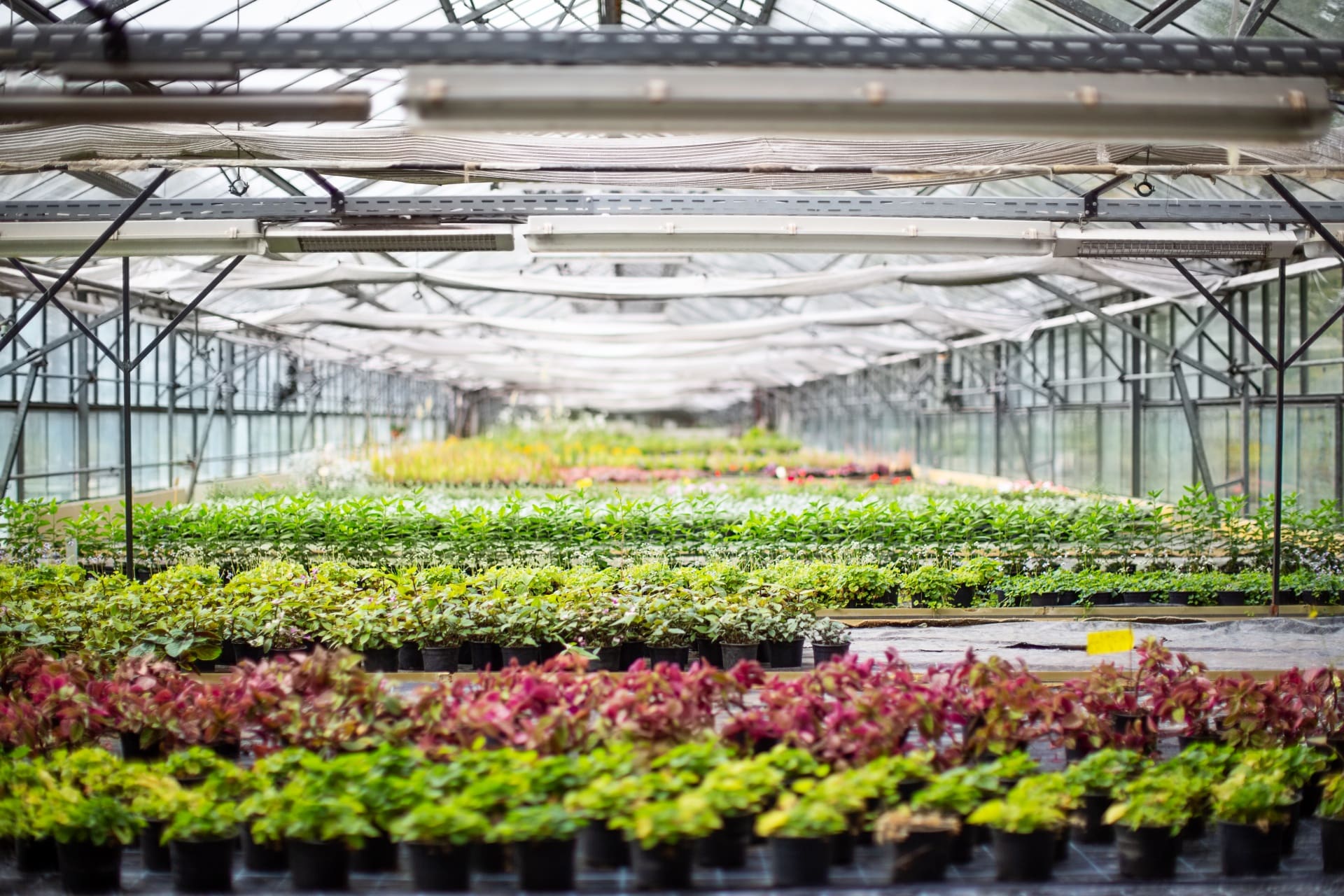

Agritech startups on a mission for self-sufficiency in Singapore
With cosmopolitan vibes and a rich culture, the city-state of Singapore seems to have it all. However, when it comes to food sustainability, it falls seriously short. According to the Singapore Food Agency, local food production currently accounts for less than 10% of Singaporeans’ nutritional needs. To bolster that number, the country aims to produce 30% of its own food by 2030. But with 90% of Singapore’s food currently imported from abroad, this feat won’t be an easy one. To encourage innovative solutions, the government has started awarding grants to those utilizing technology to sustain the city, and agritech start-ups are taking note. Urban farms like Citiponics and Abyfarm are popping up in the city’s ubiquitous carpark rooftops and offering services like delivery and tours for school children. Consultancy services like Upgrown Farming Company offer advisory and equipment to new farming businesses across Singapore. “30 by 30” is still a vision for now, but startups are starting to bring the vision to fruition.
DTC urban rooftop farms in Canada
Lufa Farms, a DTC (Direct-to-Consumer) smart farm in Montréal, Canada, says its mission is to build a better food system. And so far, it is right on track. In 2011 Lufa Farms opened the world’s first commercial rooftop greenhouse in Québec. More recently, the company unveiled a 163,800 square feet greenhouse, the largest urban farm in the world. Unlike other large-scale smart farms, Lufa Farms specializes in delivering its rooftop-grown vegetables directly to customers. To make this possible, the company’s online marketplace updates its selection of fresh produce and locally-sourced foods every week. It also maintains a network of pick-up points for delivery across Québec.
Modular systems and heat-controlling technologies in the Middle East
N.THING, the Korean smart farm company known for its modular smart farm units is exporting the technology to climate-challenged countries where food needs exceed food production. The company’s flagship product, N.THING CUBE, is a container-based modular vertical farm system that can reduce the use of water up to 98 percent compared to conventional farming. These container farms can now be found in Abu Dhabi and other arid regions where growing in enclosed, climate-controlled spaces with minimal water consumption is an important part of sustainable farming. Likewise, Pure Harvest, an UAE-based smart farm company, uses its technology to remove heat and humidity from the hot air. The humidity is then converted to water to grow fresh fruits and vegetables hydroponically. As the world population grows and water shortages threaten more countries, producing more food per area while being water-efficient is one step in the right direction.
The world’s biggest aeroponics farm in the U.S.
AeroFarms, the world’s biggest aeroponics farm, recently unveiled its 140,000 square-foot facility in Danville, Virginia, USA. This massive indoor facility is capable of growing more than 3 million pounds of leafy greens annually using aeroponics, a type of hydroponics, which involves the process of growing plants in an air or mist environment. In lieu of soil, AeroFarms provides nutrient-rich mist targeted at plants’ roots. These greens are grown indoors, year-round, and without any pesticides. With very little water and without the threat of extreme weather and pests, the company is able to produce at scale and ease supply chain and distribution challenges by partnering with companies like Amazon Fresh and Walmart.
Scaling smart farming technologies with TYM tractors
As food growers around the world find innovative farming solutions to local challenges like crowded cities to arid deserts, TYM continues to invest in smart technology to revolutionize the next generation of smart tractors. Our fleet of autonomous tractors like the T76 and T130 are equipped with proprietary Digital Automated Vehicular Experience (D.A.V.E.) technology to boost your efficiency and productivity. To find out more about our smart technologies, read about how you can adopt precision agriculture with TYM tractors.